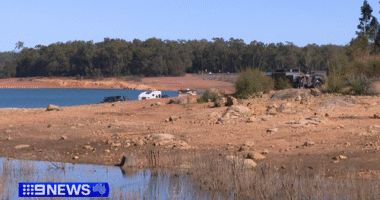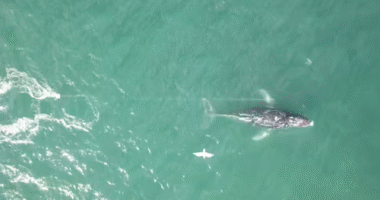In a recent development, Trump signed a new proclamation last week, affecting citizens from various countries. The proclamation covers Afghanistan, Myanmar, Chad, the Republic of Congo, Equatorial Guinea, Eritrea, Haiti, Iran, Libya, Somalia, Sudan, and Yemen. Additionally, it imposes stricter restrictions on individuals from Burundi, Cuba, Laos, Sierra Leone, Togo, Turkmenistan, and Venezuela who are currently outside the US and lack a valid visa.
Visas that were previously granted to individuals from the affected countries will not be revoked, as per the guidance provided to all US diplomatic missions. However, unless applicants fall under specific exemption criteria, their applications will be denied starting from Monday. Those who possess valid visas issued before the ban will still be permitted entry into the US even post the ban implementation.

Keeping track of overstay rates has been a persistent challenge for experts, with limited attempts made by the government annually since 2016. Trump’s proclamation refers to overstay rates from eight out of the 12 countries included in the ban.
Trump also tied the new ban to a terrorist attack in Boulder, Colorado, saying it underscored the dangers posed by some visitors who overstay visas. US officials say the man charged in the attack overstayed a tourist visa. He is from Egypt, a country that is not on Trump’s restricted list.
The ban was quickly denounced by groups that provide aid and resettlement help to refugees.
“This policy is not about national security — it is about sowing division and vilifying communities that are seeking safety and opportunity in the United States,” said Abby Maxman, president of Oxfam America, a nonprofit international relief organisation.
The inclusion of Afghanistan angered some supporters who have worked to resettle its people. The ban does make exceptions for Afghans on Special Immigrant Visas, generally people who worked most closely with the US government during the two-decade-long war there.
Afghanistan had been one of the largest sources of resettled refugees, with about 14,000 arrivals in a 12-month period through September 2024. Trump suspended refugee resettlement his first day in office.







